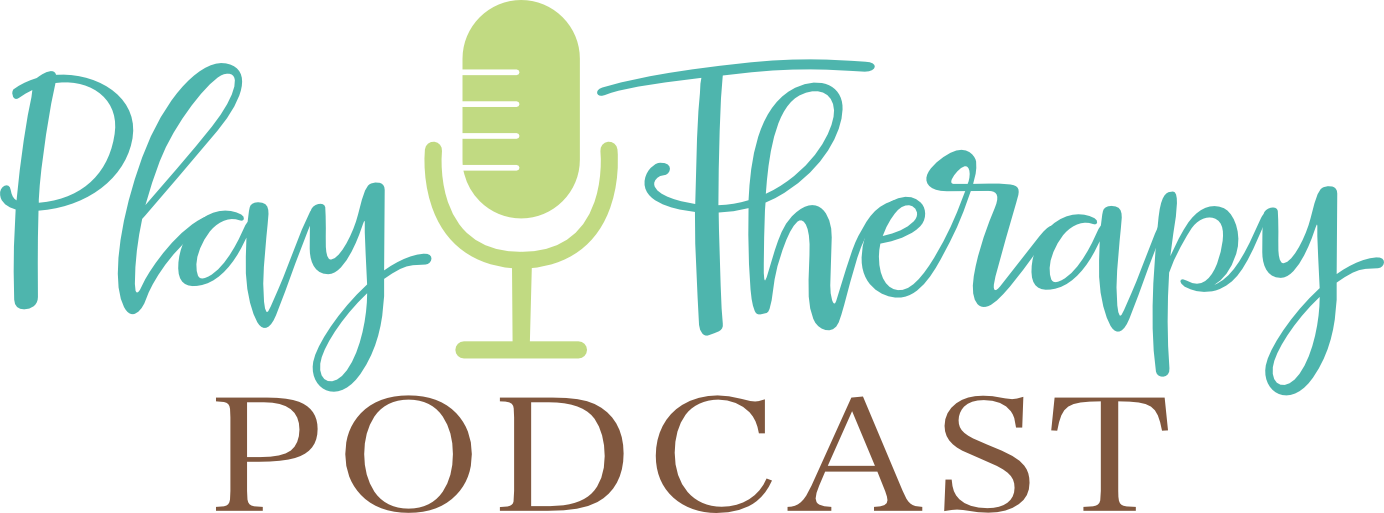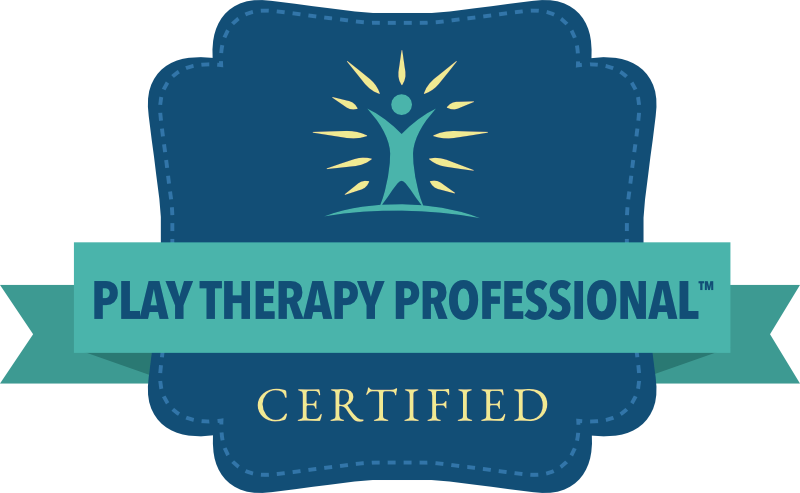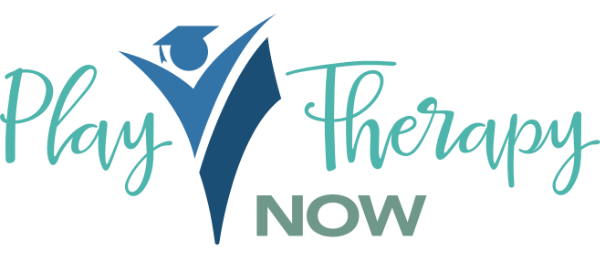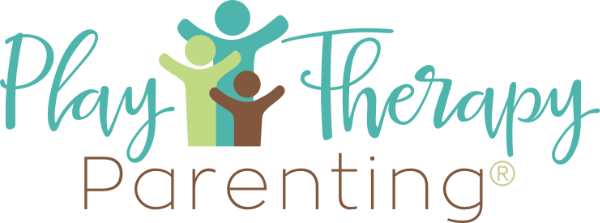Adulthood Bias: The Barrier to Parents Understanding Children’s Behavior
In this episode, I introduce the concept of adulthood bias—the tendency for adults to forget what it was like to be a child, leading to unrealistic expectations for children’s behavior. This bias causes adults to assume that children should think, reason, and communicate like adults, even though children are driven by emotions and experiences, not logic and cognition. I explain how this misunderstanding leads to frustration, power struggles, and dismissive interactions with kids.
I discuss how recognizing adulthood bias can help play therapists communicate the necessity of CCPT to parents and other stakeholders. By naming and addressing this bias, we can better explain why child-centered approaches are essential and how they meet children where they are developmentally. This concept provides a framework for educating parents, teachers, and other professionals about why CCPT works and how they can shift their interactions with children to be more effective and supportive.
Play Therapy Podcast Meetup – MISSISSIPPI – Feb 21, 2025 at 6:30pm
RSVP here: https://playtherapypodcast_ms.eventbrite.com
PlayTherapyNow.com is my HUB for everything I do! playtherapynow.com. Sign up for my email newsletter, stay ahead with the latest CCPT CEU courses, personalized coaching opportunities and other opportunities you need to thrive in your CCPT practice. If you click one link in these show notes, this is the one to click!
If you would like to ask me questions directly, check out www.ccptcollective.com, where I host two weekly Zoom calls filled with advanced CCPT case studies and session reviews, as well as member Q&A. You can take advantage of the two-week free trial to see if the CCPT Collective is right for you.
Ask Me Questions: Call (813) 812-5525, or email: [email protected]
Brenna’s CCPT Hub: https://www.playtherapynow.com
CCPT Collective (online community exclusively for CCPTs): https://www.ccptcollective.com
Podcast HQ: https://www.playtherapypodcast.com
APT Approved Play Therapy CE courses: https://childcenteredtraining.com
Twitter: @thekidcounselor https://twitter.com/thekidcounselor
Facebook: https://facebook.com/playtherapypodcast
Adulthood Bias: The Hidden Barrier to Understanding Children
As play therapists, we often see a disconnect between adults and children. Adults frequently struggle to understand why kids behave the way they do, leading to frustration and ineffective interactions. This gap is driven by what I’m calling adulthood bias—a concept that can help us explain to parents, teachers, and other stakeholders why child-centered play therapy (CCPT) is essential.
What Is Adulthood Bias?
Adulthood bias is the tendency for adults to forget what it was like to be a child. We once experienced the world through emotions, impulses, and play, but as we grew up, we became rational, logical, and cognitive beings. Over time, we lose touch with the way children process the world, and this creates a bias that affects how we interact with them.
Children, on the other hand, have never been adults. They don’t know what it means to think logically, plan ahead, or regulate their emotions like we do. Yet, despite knowing this, adulthood bias makes us expect children to function on an adult level.
How Adulthood Bias Shows Up in Everyday Interactions
Adulthood bias influences the way adults react to children’s behavior. We often hear parents, teachers, and caregivers say things like:
- “Why did you do that?”
- “What were you thinking?”
- “You know better!”
- “Why are you acting like this?”
The problem is, kids aren’t thinking, they’re feeling. They are driven by the moment, their emotions, and their experiences—not rational thought. But adults, conditioned by adulthood bias, expect children to process, explain, and regulate like grown-ups. When kids can’t do that, adults get frustrated, leading to power struggles and miscommunication.
The Impact of Adulthood Bias on Children
Children who experience adulthood bias often feel dismissed and misunderstood. When adults demand rational explanations for behavior that is purely emotional, kids shut down or become defensive. This leads to common struggles in parenting and education:
- Increased power struggles – When kids say, “I don’t know,” adults push back, creating a cycle of frustration.
- Emotional invalidation – Instead of validating a child’s experience, adults try to correct or explain it away.
- Missed opportunities for connection – Instead of meeting children where they are, adults expect them to function at an unrealistic level.
Why Adulthood Bias Matters in Play Therapy
In CCPT, we recognize that children communicate through play, not logic or words. Our role as therapists is to meet them at their level—emotionally and developmentally. However, when we try to explain CCPT to adults who don’t understand this, we often hit a wall.
Adulthood bias is at the root of why many adults don’t see the value in play therapy. They assume that because kids aren’t talking about their problems, they aren’t making progress. They expect children to process their emotions verbally, forgetting that kids don’t work that way.
By naming adulthood bias and explaining it clearly, we can help parents and professionals shift their expectations. This can be incredibly useful in:
- Initial parent consultations – Helping parents understand why CCPT is necessary and effective.
- Ongoing parent check-ins – Addressing concerns when parents feel their child isn’t making progress fast enough.
- Educating stakeholders – Communicating the importance of child-centered approaches to teachers, doctors, and even legal professionals.
Using Adulthood Bias to Shift Conversations About Play Therapy
When we introduce the concept of adulthood bias, we provide a framework that adults can use to reassess their expectations. Even if they don’t immediately agree with or adopt the mindset, we plant a seed.
Research shows that people need to hear something 7 to 9 times before it sticks. The more we use the term “adulthood bias” in conversations, the more it will resonate. Over time, it will help parents, teachers, and professionals recognize when they are applying adult logic to child behavior, and adjust their approach accordingly.
Final Thoughts
Adulthood bias is a powerful explanation for why adults struggle to understand children. By naming it, we can help shift the way parents and professionals interact with kids—creating better communication, fewer power struggles, and more effective support.
As play therapists, we know that CCPT principles are the antidote to adulthood bias. When we reflect feelings, validate experiences, provide choices, and set limits appropriately, we honor children’s developmental needs. Now, we have a way to communicate why that approach is so critical.
Let’s start using the phrase adulthood bias in our conversations and see how it transforms the way people view children’s behavior—and the role of play therapy in helping them grow.








